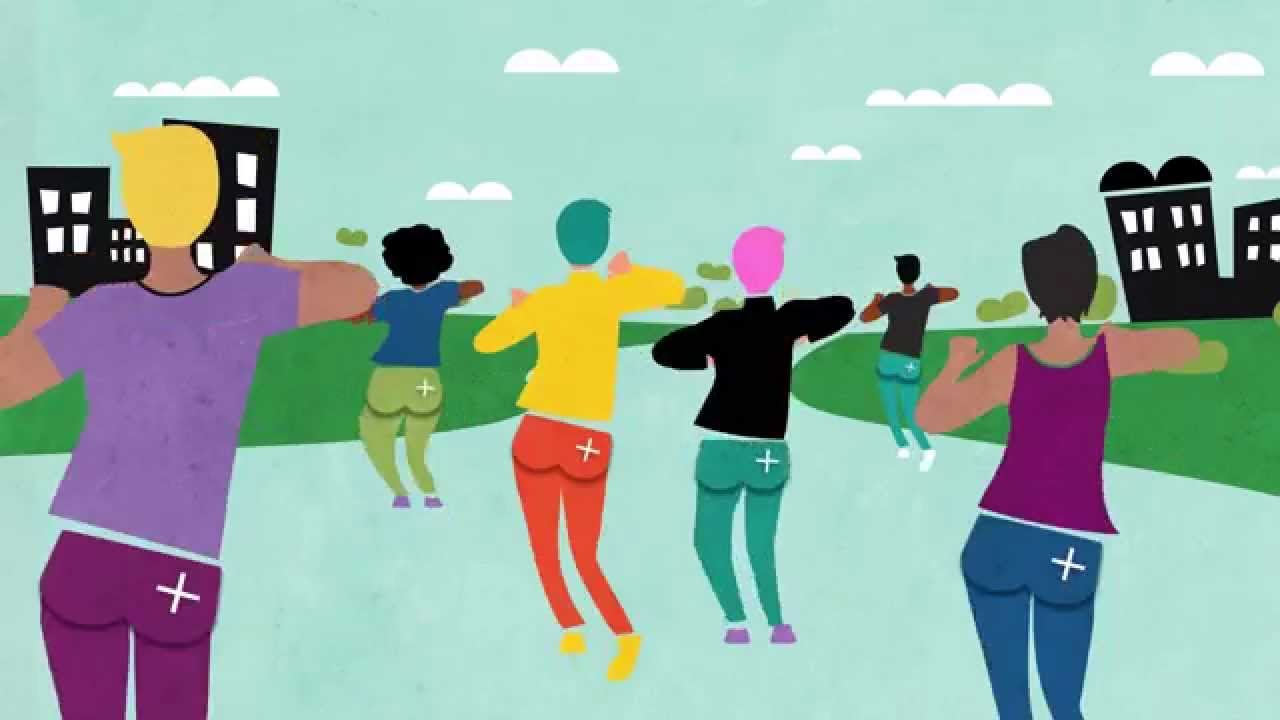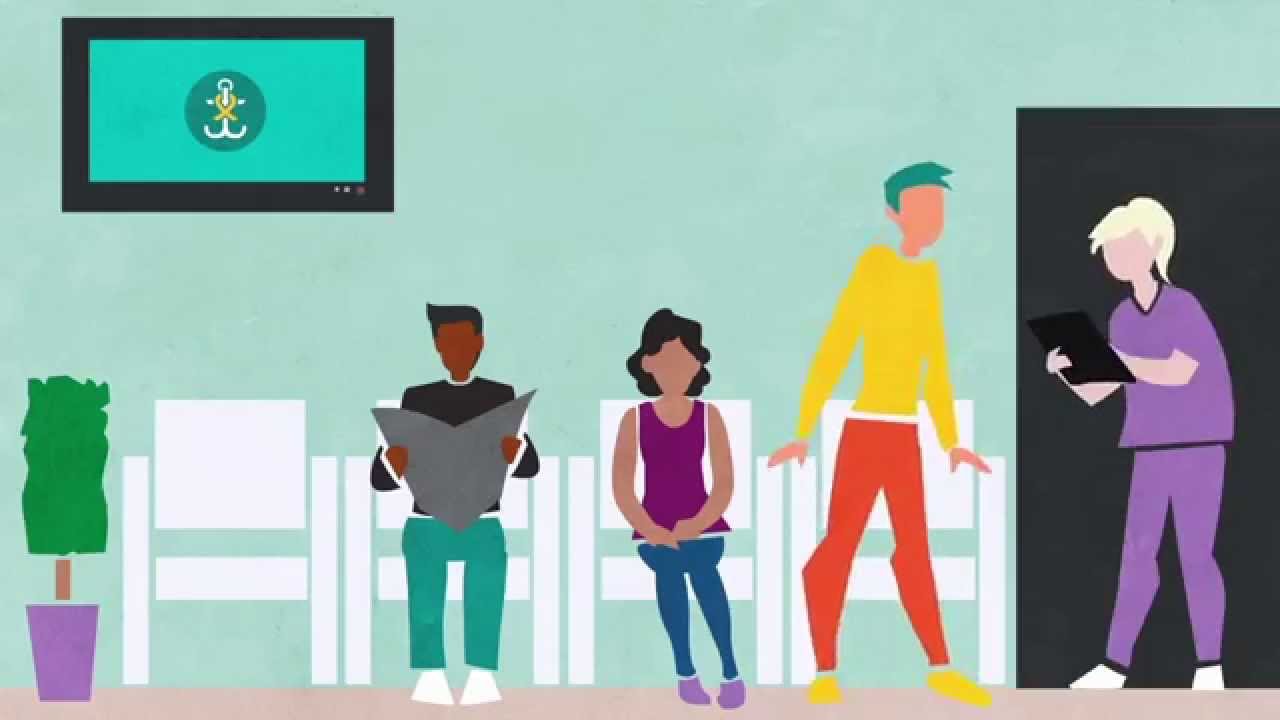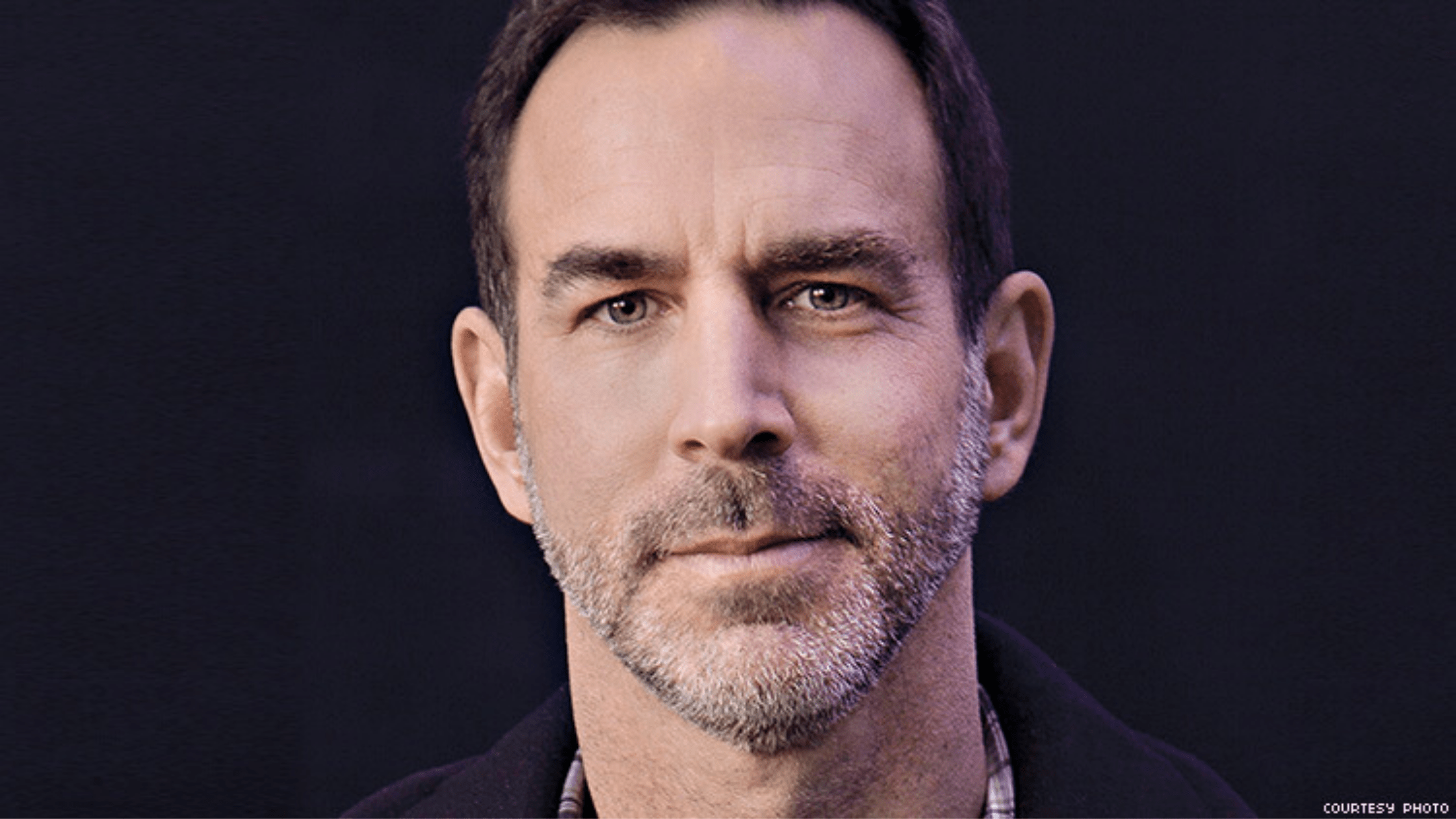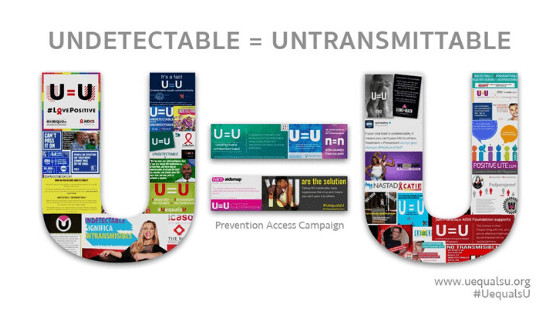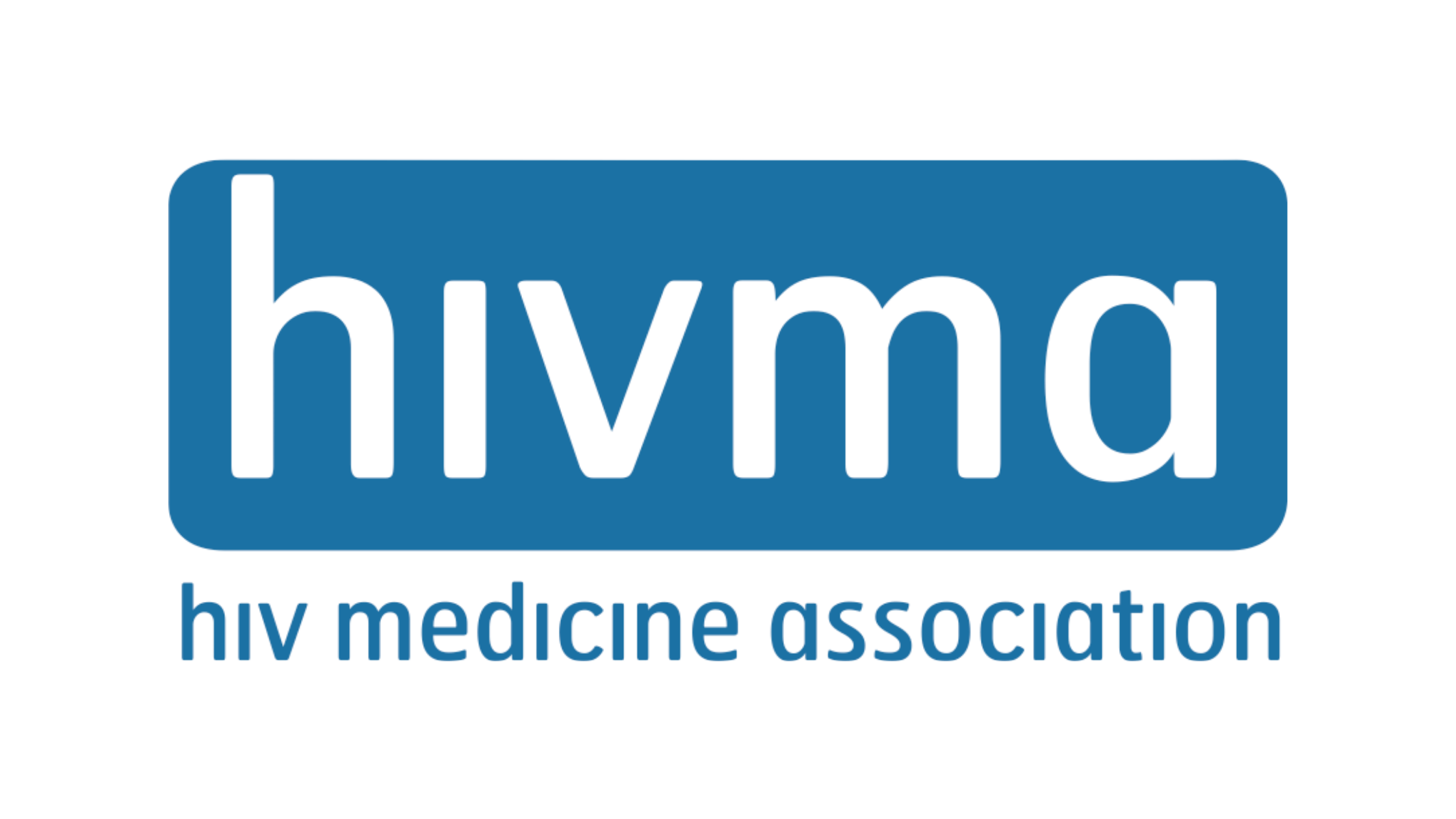
Media Contact:
Jack Bunting
[email protected]
(760) 323-2118
More HIV Care with Updated HIVMA Guidelines
Dr. Tulika Singh noticing more equity in HIV care
(Palm Springs, CA) November 12, 2020 – Significant additions to nationally accepted HIV care guidelines will help more patients receive excellent care, and will help stop new infections, according to Dr. Tulika Singh, DAP director of research.
The HIV Medicine Association of the Infectious Diseases Society of America updated its care guidelines for people with HIV (PWH). DAP’s Dr. Singh was one of only eight co-authors who worked on this important resource that will have a national impact on PWH. This is the first update since 2013.
“It is a one-stop shop for primary care guidance for all HIV clinicians!” says Dr. Singh. “Patients benefit when they get the best care.”
Significant additions in four areas address vital health issues facing PWH, and the teams caring for them. They include:
- guidance for physicians treating transgender and non-binary patients with HIV,
- leveraging Undetectable = Untransmittable (U=U) as part of patient education,
- care for aging with HIV over 50, and
- care standards for rapid start antiretroviral treatment.
DAP Health is an established authority in these areas, offering patients access to excellent and compassionate care, regardless of insurance. These updated HIV primary care guidelines used by thousands of clinicians in the U.S. will enable better care for patients, even if they never come to DAP.
“This will help clinicians all over who might need more experience and resources in these areas,” says Dr. Singh.
Transgender and Non-Binary Patients Added
This is the first time these guidelines approach HIV care for transgender and non-binary patients, a group disproportionately affected by HIV and who face extra barriers in healthcare.
“HIV care for transgender and non-binary patients is special, and it needs to be treated so,” says Dr. Singh, who was the second lead for this section of the report.
According to a study by UC Riverside, only 15% of transgender and non-binary individuals reported it was easy to find a provider with sufficient knowledge and experience on issues related to transgender people.
“Education and experience in this area are helpful to reduce bias, and that is important,” says, Dr. Singh. “We want to establish trust and enable transgender and non-binary patients to be fully engaged in their care.”
U=U and Rapid Start ART
Other important affirmations affecting health outcomes for PWH include treatment as prevention, starting antiretroviral therapy (ART) as soon after an HIV diagnosis as possible, and aging with HIV.
Even though effective HIV treatment reduces the level of HIV to "undetectable" levels and makes PWH incapable of transmitting HIV to their sexual partners, many clinicians are not sharing this information with PWH. These guidelines address U=U as well as the stigma it can prevent.
According to the update:
“Clinicians should emphasize that adherence to antiretrovirals not only improves the patient’s health but prevents HIV transmission to others. Undetectable = Untransmittable messaging is welcomed and encouraged by communities with HIV and should be part of routine messaging in the clinic as a means to mitigate stigma. The primary reason for treatment failure, particularly among patients who take initial regimens, is suboptimal adherence to care or treatment regimens.”
Dr. Singh says how quickly patients start ART also affects transmission rates and points to why doctors haven’t been as effective they’d like in stopping new cases.
“Despite having extensive experience in HIV treatment and care, caregivers struggle to reduce high HIV prevalence and rising HIV incidence rates, due to delays in starting ART,” Dr. Singh says. “This is due to previous protocols and practicing traditional HIV medicine.”
DAP recently won designation as a Rapid ART Implementation Site, standing with just 10 other healthcare organizations in the U.S. The Award for Special Projects Of National Significance was won in a competitive grant process and is bestowed by the Health Resources and Services Administration (HRSA). Read more here.
About Desert AIDS Project
DAP Health (DAP) is a humanitarian healthcare organization in Palm Springs, CA offering a combination of medical, dental, counseling, social services, support groups, alternative therapies, in-house pharmacy and lab, and other health and wellness services. DAP’s sexual health clinic offers STI testing and treatment, Pre-Exposure Prophylaxis (PrEP), Post-Exposure Prophylaxis (PEP), and HIV and HCV testing. DAP’s Get Tested Coachella Valley campaign, the nation’s first region-wide free HIV testing and access to care initiative, was recognized by the White House for helping to bring about an AIDS-free future. DAP has earned a “Four Star” rating from Charity Navigator for the twelfth consecutive year – landing DAP in the top 6% of nonprofits rated. The distinction recognizes that we exceed industry standards in terms of our financial health, accountability, and transparency.
For more information, visit www.desertaidsproject.org.
About U=U & Prevention Access Campaign
Prevention Access Campaign is a health equity initiative to end the dual epidemics of HIV and HIV-related stigma by empowering people with and vulnerable to HIV with accurate and meaningful information about their social, sexual, and reproductive health. Find out more here.
Undetectable = Untransmittable (U=U) is a growing global community of HIV advocates, activists, researchers, and over 990 Community Partners from 102 countries uniting to clarify and disseminate the revolutionary but largely unknown fact that people living with HIV who are on treatment and have an undetectable viral load cannot sexually transmit HIV.
###









